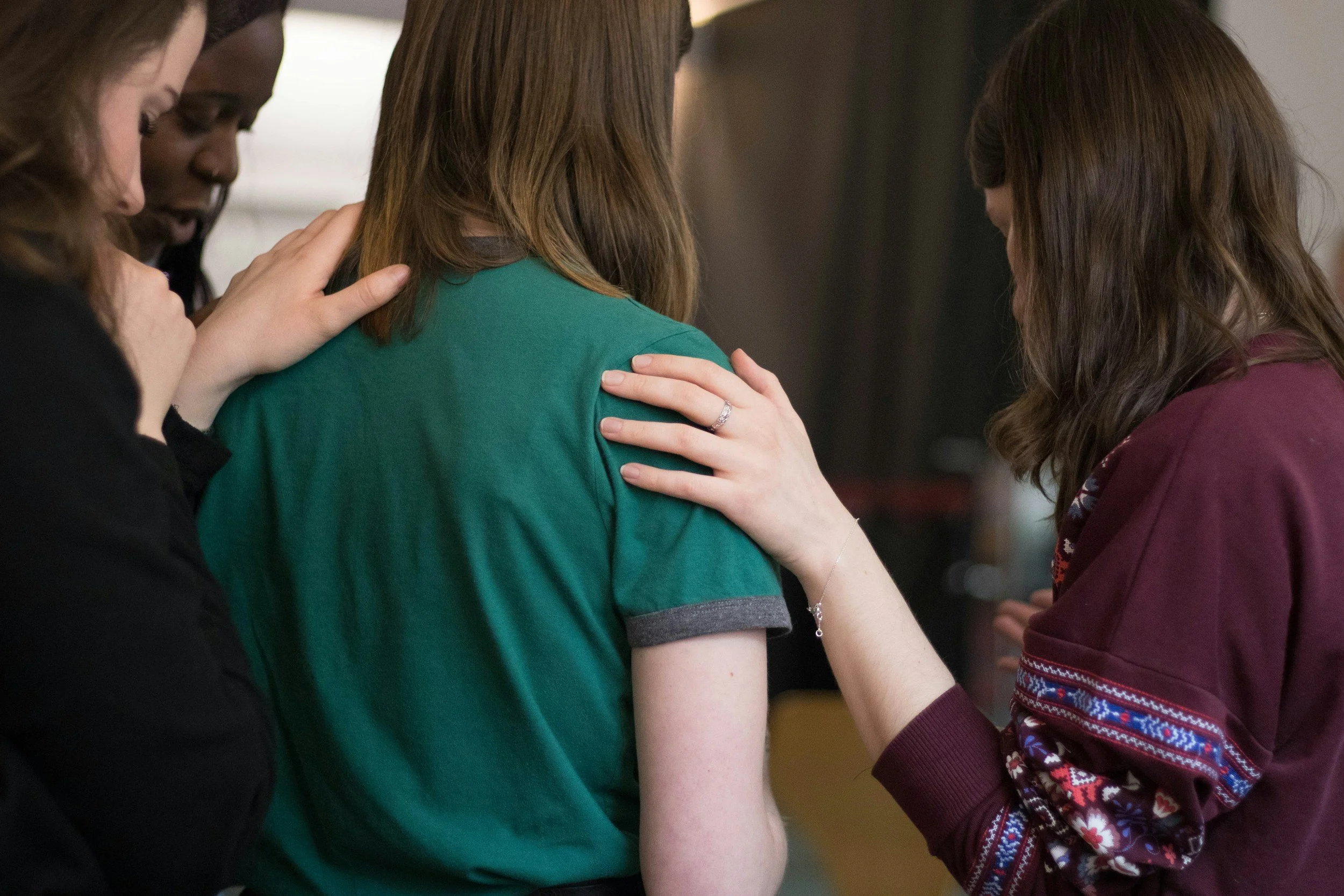
5 Signs You’re Ready to Join a Trauma-Aware Programme after Abuse
Reclaiming confidence after trauma takes time- but when you’re ready, movement programmes can provide a safe, supportive way to reconnect with yourself. Here are five signs you might be ready for that step.
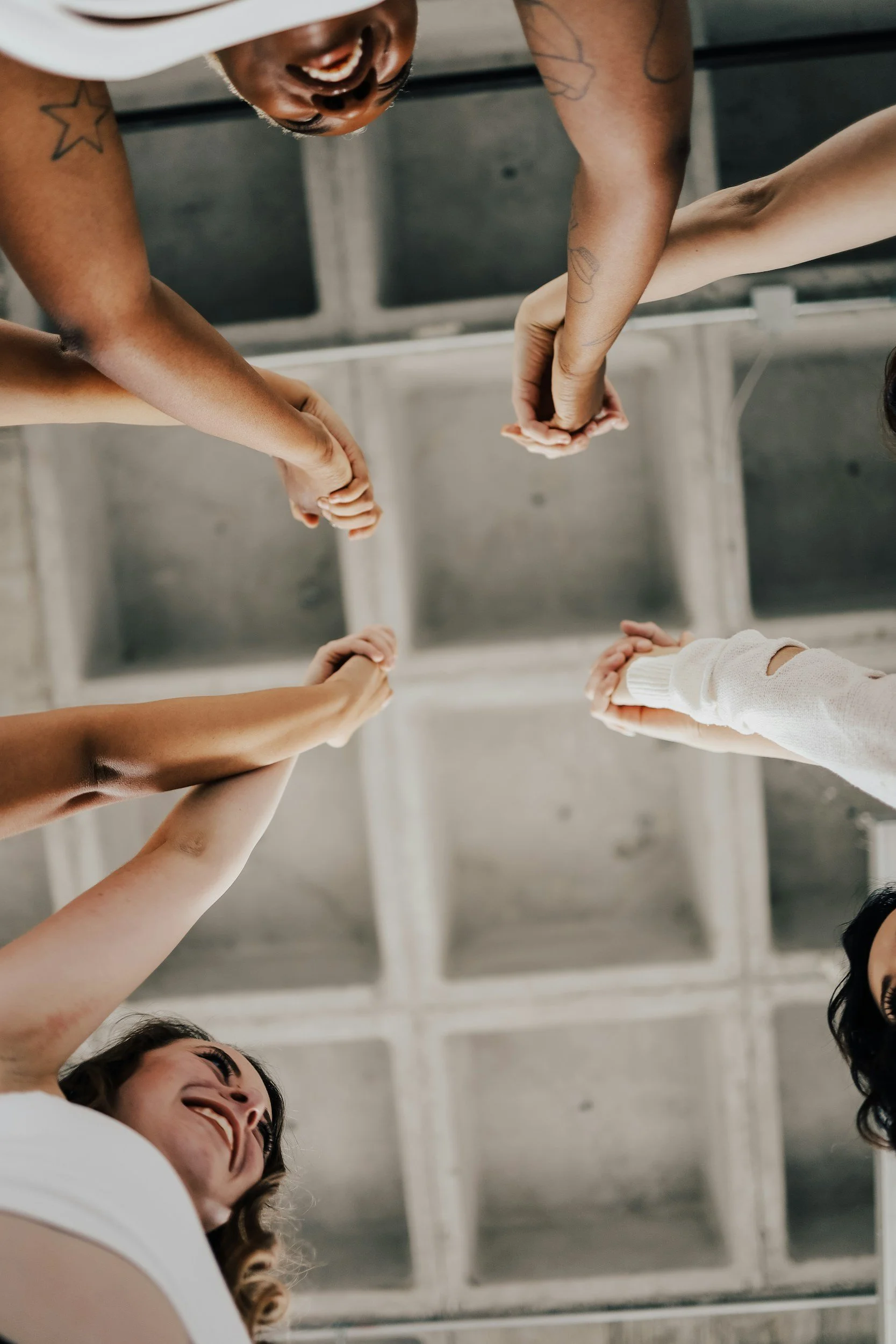
Step by Step: How Movement Programmes Help Survivors Reclaim Confidence
Reclaiming confidence after trauma can feel overwhelming. SurvivorSteps offers trauma-aware movement programmes, workshops and toolkits designed to help survivors reconnect with their bodies, managed stress, and rebuild self-trust - one step at a time.

The Cost of Silence: Why Every Workplace Needs a Domestic Abuse Policy
Most workplaces don’t talk about domestic abuse - and many don’t have a policy at all. Here’s why silence is costly for people, business and society, and how we can change that together.

Why Trauma-Aware Movement Matters: A Survivor-Led Approach to Navigating Real-Life Triggers
Trauma-aware movement isn’t about performance - it’s about presence. In this blog, we explore how survivor-led movement can offer practical, body-based tools for navigating real-life moments of overwhelm, from courtrooms to co-parenting stress. This is why Move Through This exists - to meet survivors exactly where they are.
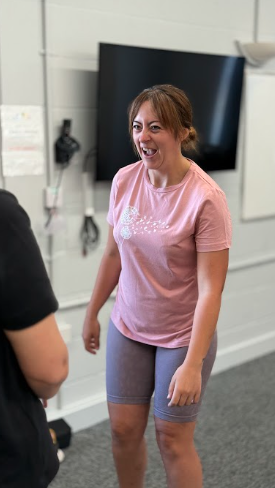
An Hour Before Class, “THAT” Email Landed…
Last week, I held space for laughter, connection and grounded movement in a trauma-aware class - just an hour after being told the CMS wouldn’t take action. It’s a bittersweet dance I know too well: building something beautiful while quietly navigating court papers, complaints, and systems that fail to see.
This blog shares what happened that day, what it taught me, and why I’ve created a free summer series called Move Through This - movement tools for the everyday moments we’re all facing.

After the Cake and the Candles: The Weight of Parenting After Abuse
Parenting after abuse means navigating hard moments - like saying goodbye when you heart wants to hold on. This blog shares that reality and invites you to Survivor Steps, a trauma-aware movement programme designed to hold space for your strength and growth. Join our free taster session on 11 July.

A Summer Survival Guide for Women Healing After Abuse
Summer can feel loud, busy and full of pressure to keep up - especially when you’re learning to reconnect with yourself after difficult relationships. This gentle guide offer simple ways to protect your peace, honour your energy and find calm in the chaos. Whether you’re a solo parent, starting fresh, or craving softness this season, these reminders are for you.
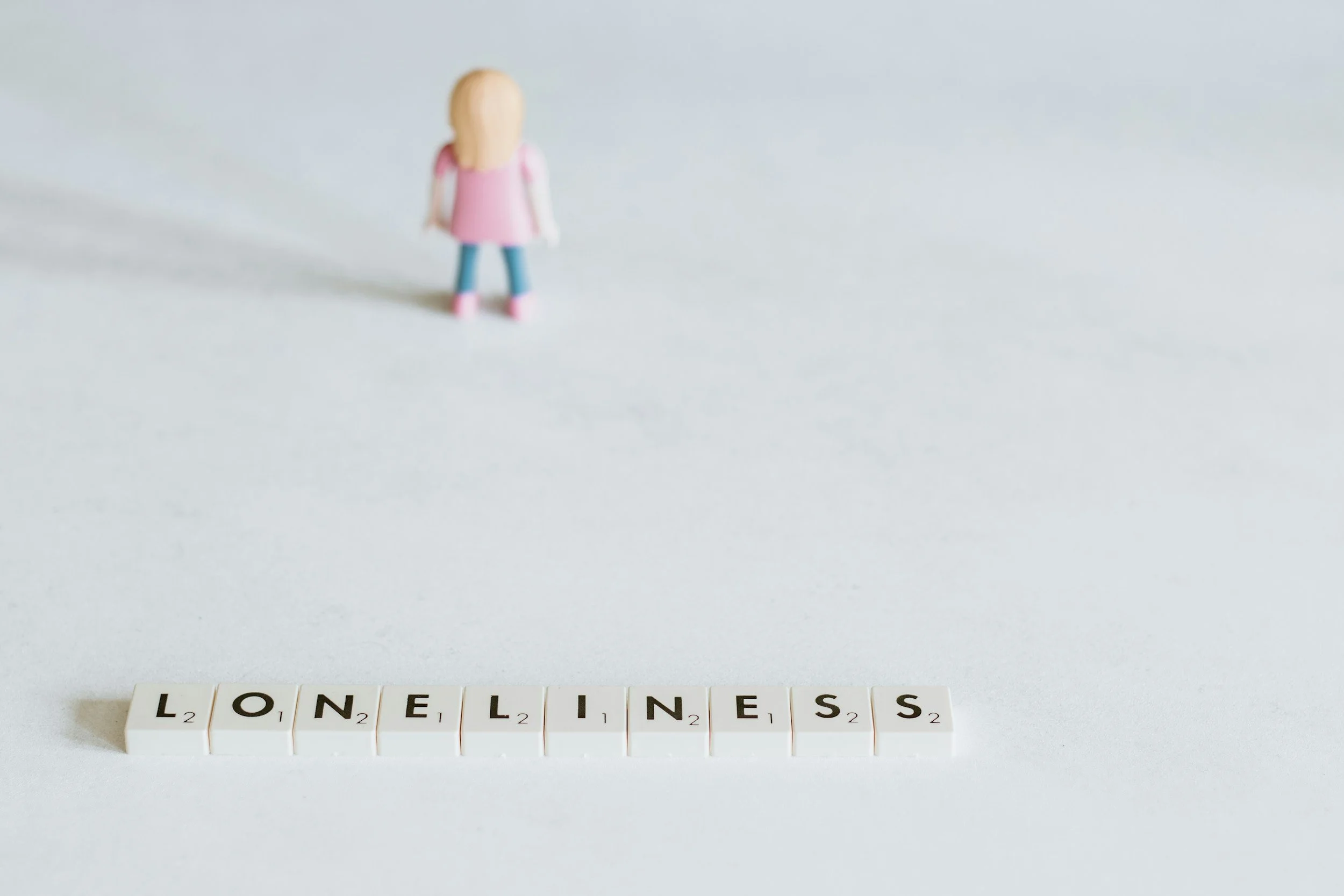
I Went Viral - But That's Not the Story
“I’m not alone - but I still feel lonely”.
That one line sparked a viral response. This blog explores what it means, why it hit home for so many women, and how we can start healing - together
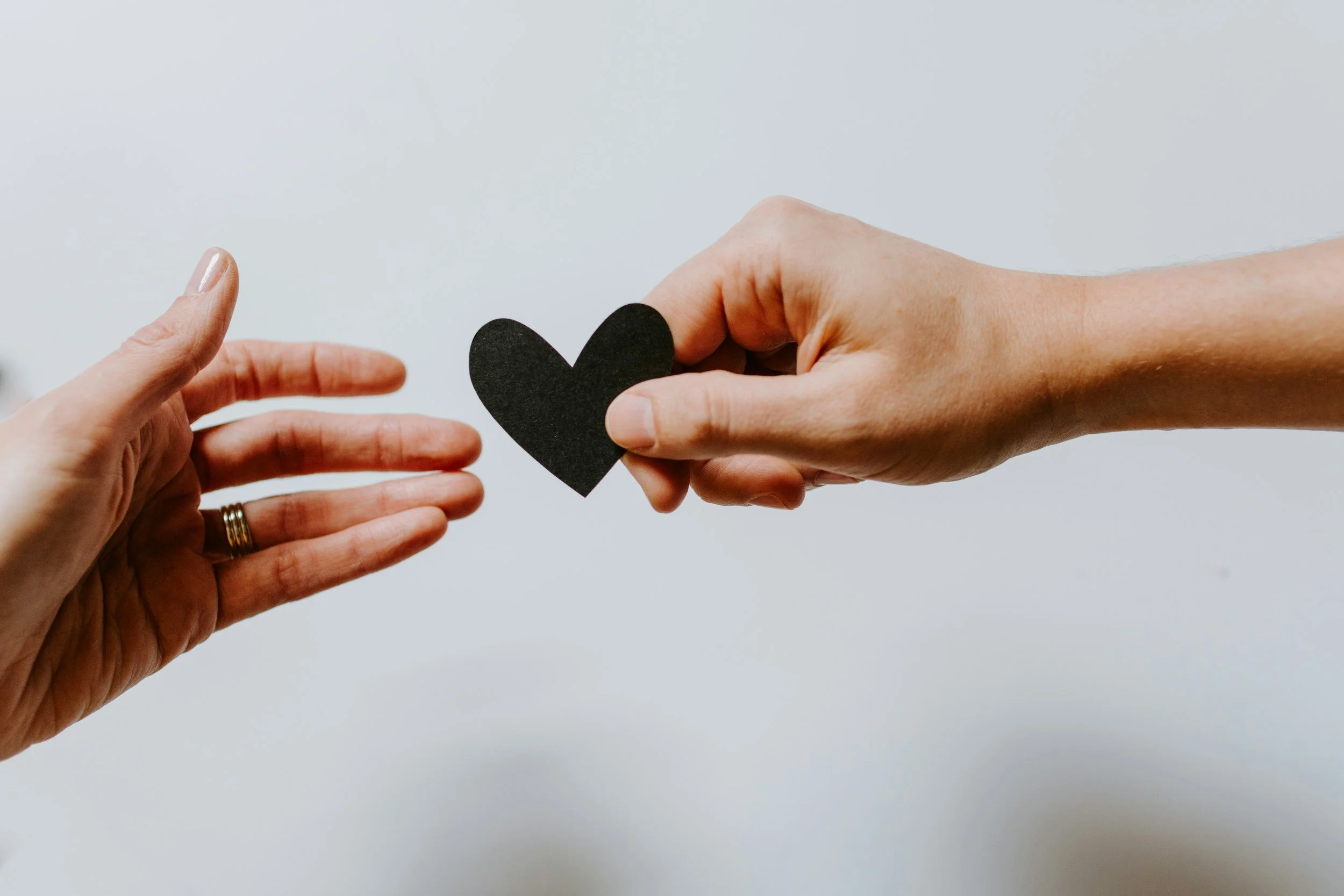
Aftermath of Mental Health Awareness Week: What we’re STILL not talking about…
Mental Health Awareness Week sparked powerful conversations - but one crucial; piece was missing from most of them; the boy.
In this post, we explore why survivors of trauma often need more than talk-based support, and why it’s time to rethink the way we define mental health altogether.

“Survivors Don’t Need Fixing. They Need Each Other”.
When you’ve experienced domestic abuse, one of the hardest parts can be feeling like non one really understand. This week alone, I spoken to three different women- each with similar stories of being dismissed, minimised, or misunderstood by people close to them. But here’s the truth: survivors don’t need fixing. They need connection. In this blog, we explore the powerful role survivor networks can play in recovery, validation and healing. When we’re around people who just get it, something shifts - isolation no longer gets to win.

Tired of talking about it? Your body has something to say
Talking isn’t always the answer. For many women recovering from trauma or difficult relationships, movement offers a powerful path to healing - without the need for words. Discover how dance therapy reconnects the body and mind and why it might be exactly what you’ve been looking for.

“Was it really that bad?” - Why so many women struggle to name their experience, and what we can do about it
Not every women who’s experienced harm in a relationship recognises it as abuse. Survivor Steps is here to support those quietly struggling after a break up, toxic relationship, or emotional trauma. With gentle trauma-informed movement, we help women heal - on their own terms.

Why Trauma-Informed Practice Needs to Be the Standard - Not the Exception
Trauma is more common than we think, yet so many environments - gyms, workplaces, and wellness spaces - aren’t set up to support those who carry it. At Be More Dandelion, we use movement to help survivors of domestic abuse rebuild trust in their bodies and confidence in themselves. But real change starts with trauma-informed practice. In this blog, we explore we it’s essential, how it impacts recovery, and why every fitness professional, employer, and community leader needs to be part of this conversation.

How to Help Someone in a Domestic Abuse Situation - What I Wish I Had Known
Supporting someone in a domestic abuse situation can feel overwhelming, but your help can make a real difference. In this blog, we cover how to recognise the signs, what to say (and what not to say), and how to offer practical support. Read now to learn how you can be a safe space for survivors.

The Power of Poetry and Movement
Survivors of domestic abuse often struggle to find the words to express their experiences. At The Dandelion Project we use movement to give survivors a voice, transforming pain into strength and raising awareness through art. Our recent work, Hide and Seek was featured at Healthwatch Essex Trauma Awareness Exhibition, shedding light on the realities of abuse and the healing power of creative expression. Discover how art fosters recovery, challenges stigma and inspires change.

Understanding the Meaning of Coercive Control: What You Need to Know
Coercive control is a form of domestic abuse where an individual employs manipulative tactics to dominate their partners, often without physical violence. Recognising the signs such as isolation from loved ones, financial control, and constant monitoring is crucial. Understanding these behaviours empower individuals to seek help and support.

Why We Need to Talk About Domestic Abuse: Breaking the Taboo
Domestic abuse thrives in silence, but by breaking that silence, we can begin to heal. In this post, we explore why it’s vital to talk about domestic abuse - how doing so can shed light on it’s impact, empower survivors, and foster a more supportive, compassionate society.

